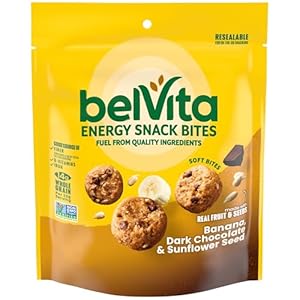Foodborne illnesses can pose serious health risks in Ghanaian households, often stemming from improper food handling and storage practices. It’s essential to recognize how easily bacteria can spread and contaminate your meals. By adopting simple yet effective safety measures, you can protect your family from these potential dangers. So, what steps can you take to ensure your kitchen is a safe environment for preparing and storing food?
Understanding Foodborne Illnesses and Their Causes
When you think about foodborne illnesses, it’s essential to recognize that they can stem from various sources, affecting anyone who consumes contaminated food.
These illnesses often arise from bacteria, viruses, or parasites that contaminate food during production, processing, or preparation. For instance, undercooked meats can harbor pathogens like Salmonella or E. coli, while unwashed fruits and vegetables may carry harmful microbes.
Poor hygiene practices, such as not washing hands before handling food, can also contribute to contamination. Additionally, improper storage of food can lead to the growth of dangerous organisms.
Understanding these causes is crucial, as it empowers you to make informed choices about what you eat and how you handle food, ultimately reducing the risk of foodborne illnesses in your household.
Safe Food Handling Practices for the Home
To keep your family safe from foodborne illnesses, practicing proper food handling techniques is essential.
Always wash your hands with soap before and after handling food, especially raw meat and vegetables. Make sure to use separate cutting boards for raw and cooked foods to prevent cross-contamination.
When preparing meals, cook food to the right temperatures; use a food thermometer to check. Don’t leave perishable foods out for more than two hours, as bacteria can grow quickly.
Be mindful of cleanliness in your kitchen; regularly sanitize surfaces and utensils.
Finally, if you’re unsure about food freshness, it’s better to err on the side of caution and throw it away.
These simple steps can help protect your loved ones from foodborne illnesses.
Importance of Proper Food Storage
Proper food storage plays a vital role in preventing foodborne illnesses. When you store food correctly, you slow down the growth of harmful bacteria and keep your meals safe to eat.
Make sure to refrigerate perishable items promptly, ideally within two hours of cooking, to minimize the risk of spoilage. Use airtight containers to protect food from contamination and maintain freshness.
Always label your food with dates to ensure you consume it before it goes bad. Don’t forget to separate raw and cooked foods to prevent cross-contamination.
Cooking Techniques to Eliminate Pathogens
Effective cooking techniques are essential for eliminating pathogens that can lead to foodborne illnesses. Always cook food to the right internal temperature. For example, poultry should reach at least 75°C (165°F), while ground meats should hit 70°C (160°F). Use a food thermometer to ensure accuracy.
Additionally, avoid cross-contamination by using separate cutting boards for raw meat and vegetables. Stir-frying, boiling, and baking are excellent methods for thorough cooking. Make sure to cook seafood until it’s opaque and firm.
Don’t forget to keep food warm at safe temperatures if you’re serving it later. Lastly, reheating leftovers should bring them to at least 74°C (165°F). These practices will help keep your family safe from foodborne illnesses.
Conclusion
By adopting safe food handling practices, you’re taking a crucial step in preventing foodborne illnesses in your household. Remember to wash your hands, use separate cutting boards, and cook meats to the right temperatures. Proper food storage is just as important, so refrigerate perishables promptly. Educating your family on these practices will create a culture of food safety at home, ensuring everyone enjoys healthier meals. Stay vigilant, and you’ll significantly reduce the risk of foodborne illnesses for your loved ones.
Trending Products
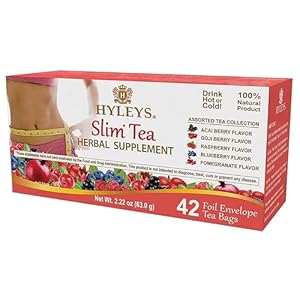
Hyleys Slim Tea 42 Ct Assorted – Weight Loss Herbal Supplement Cleanse and Detox – 42 Tea Bags (1 Pack)
$9.39 Buy product
TAZO Organic Awake English Breakfast Black Tea Bags, 96 Total Tea Bags (16ct – Pack of 6)
$22.74 Buy product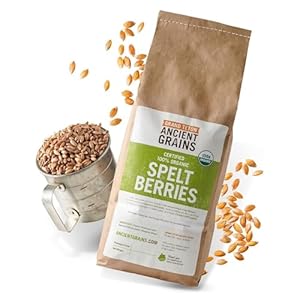
Grand Teton Ancient Grains – 100% Organic Spelt Berries, 5 lbs, Whole Unmilled Spelt Berries, US-Grown Farro Organic Grain, Nutritious Baking Staple, Whole Grain Spelt in Brown Paper Bag
$26.00 Buy product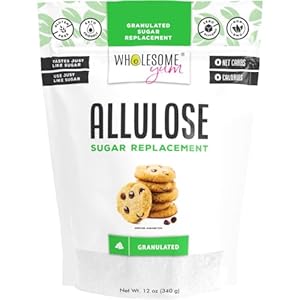
Wholesome Yum Allulose Sweetener – Natural Granulated Sugar Substitute – Keto, Non GMO, Zero Carb, Zero Calorie, Sugar Free, No Aftertaste, Tummy Friendly – Granular Sugar Replacement (12 oz)
$12.99 Buy product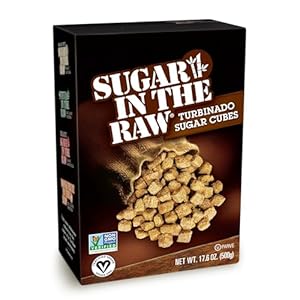
Sugar In The Raw Turbinado Cane Sugar Cubes, 17.6 oz. Box, Pure, All-Natural Turbinado Sugar, Non-GMO Project Certified, Kosher, Vegan and Gluten Free
$4.39 Buy product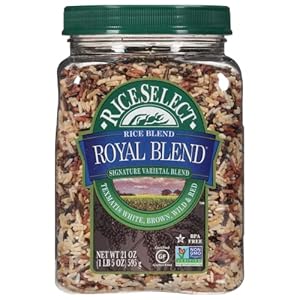
RiceSelect Royal Blend, Blend Of Texmati White, Brown, Red, And Wild Rice, Premium Gluten Free Rice, Non-GMO, 21 Ounce Jar
$6.98 Buy product




